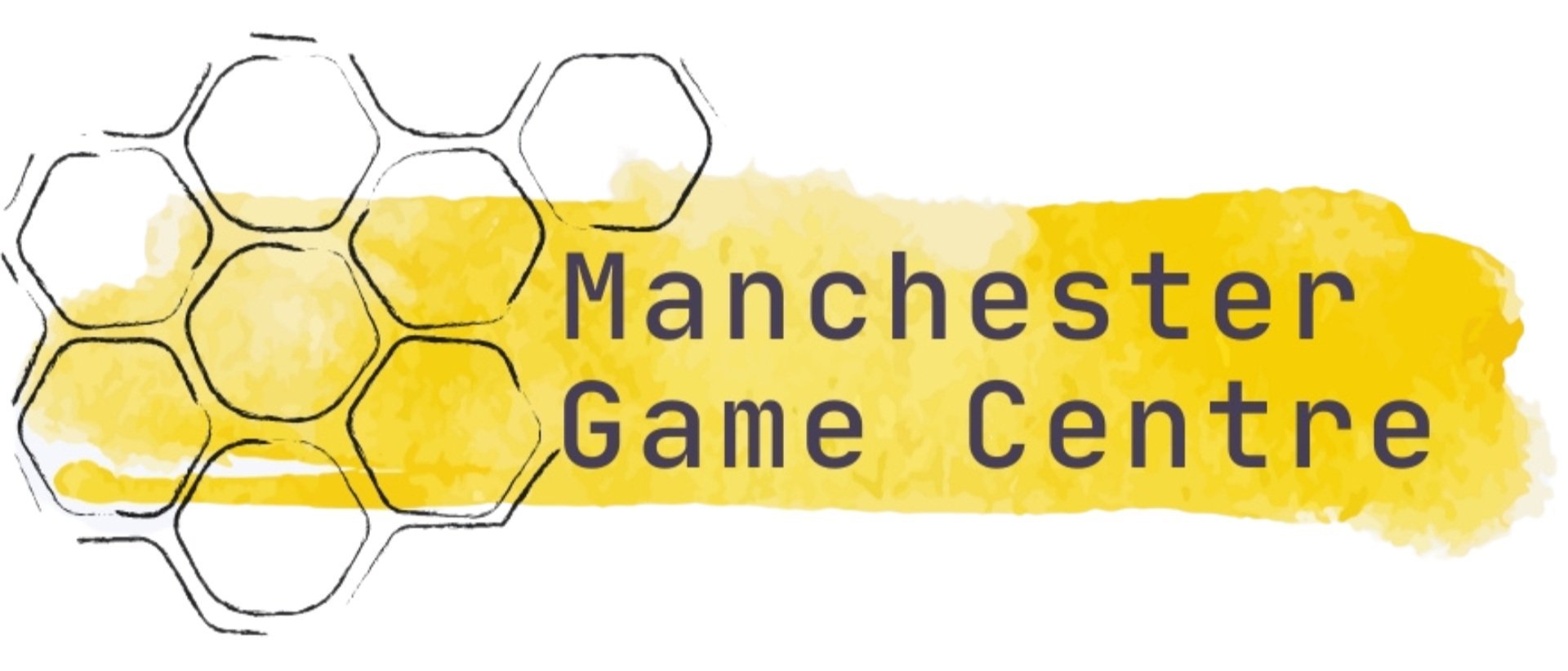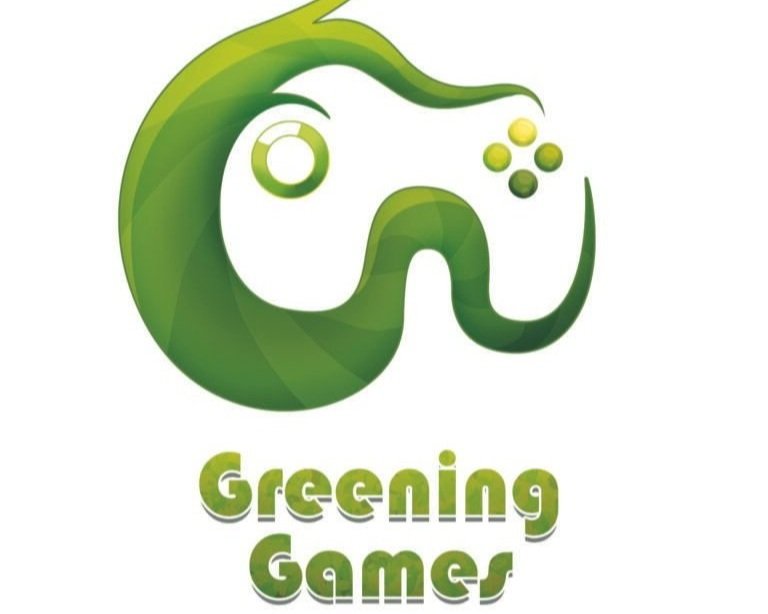Welcome to Strategies!
STRATEGIES is the short name for the Horizon Europe funded project Sustainable Transition for Europe’s Game Industries. The project will support Europe’s game development industries in making vital changes to their business and production practices in support of reaching the emissions targets of the European Green Deal. We will also work with Europe’s game developers to make the most of the opportunities of this transition, promoting games as ways of communicating with the public, engaging diverse audiences with the issue of the climate crisis, and supporting wider societal changes to help Europe’s citizens – and the wider world – in adapting to and mitigating climate change.
STRATEGIES began life in the ECOGAMES project, an initiative at Utrecht University’s Center for Game Research that investigated the ways in which games explore environmental concerns and provide new spaces to imagine and practice alternative forms of living. The volume of essays that emerged from that project, Ecogames: Playful Perspectives on the Climate Crisis, includes work from members of the STRATEGIES consortium, and will be published open access on 19-01-2024 by Amsterdam University Press. Building on the research, and the collaborations initiated by the ECOGAMES project, Dr Chloé Germaine and Dr Paul Wake (of Manchester Metropolitan University’s Manchester Game Centre) brought together the STRATEGIES consortium in order to take the research forward.
The STRATEGIES project was inspired by work already in development by members of the wider consortium, including Greening Games: Building HE Resources for Sustainable Video Game Production, Design, and Critical Game Studies (TH Köln), NDS: Narrative-Driven Simulation (National Center for Research and Development, Poland), The Green Media Studies Initiative (Utrecht University), The Carbon Literacy project (MMU), The Ecogames Ludography (MMU), expertise in in applied serious games and human computer interaction being developed by the Media Innovation & Game Research unit (Aalborg University), and Neogames’ industry leading Carbon Accounting Tool.
We were also keen to draw on the environmentally conscious design experience of industry partners who came on board to shape the aims and planned outcomes of the bid. Their games include:
Posthuman from Mighty Boards: a board game designed by Gordon Calleja (University of Malta) in which players compete to survive the apocalypse;
Beecarbonise from Charles Games: an environmental card strategy game;
The Kraken Wakes from Charisma AI: an immersive game featuring ground-breaking conversational gameplay;
Sports Renovations from Goat Gamez: a first-person simulator in which you give sports facilities a second life and save them from a real estate developer.
Bringing together the expertise of environmental scientists, business and policy experts, scholars of game studies, game designers, game developer organisations, the team at Manchester Metropolitan University led on the writing of an ambitious research proposal that sets out to:
Gather evidence relating to working conditions and business infrastructure in the game development industries;
Generate data relating to knowledge, skills and attitudes in Europe’s game industries;
Inform sustainable production in game development;
Propose business model recommendations that support the game industries in making a sustainable transition;
Develop practical toolkits that enable the game industries to exploit opportunities in design;
Develop bespoke carbon literacy for use in university game development training programmes.
The project, which was granted funding by Horizon Europe and UK Research and Innovation in summer 2023, will be overseen by Utrecht University (UU) and Manchester Metropolitan University (MMU), with Professor Joost Raessens (UU) and Dr Paul Wake (MMU) coordinating and directing the research and Dr Chloé Germaine (MMU) leading on the communication of project results, supported by experts in policy at The Copernicus Institute, business development experts at the Dutch Game Garden, and the climate action charity, Possible.
The STRATEGIES team are looking forward to the project’s formal start in February 2024 and we invite you to follow our progress here, on Twitter and on LinkedIn.
Chloé, Paul & Joost





